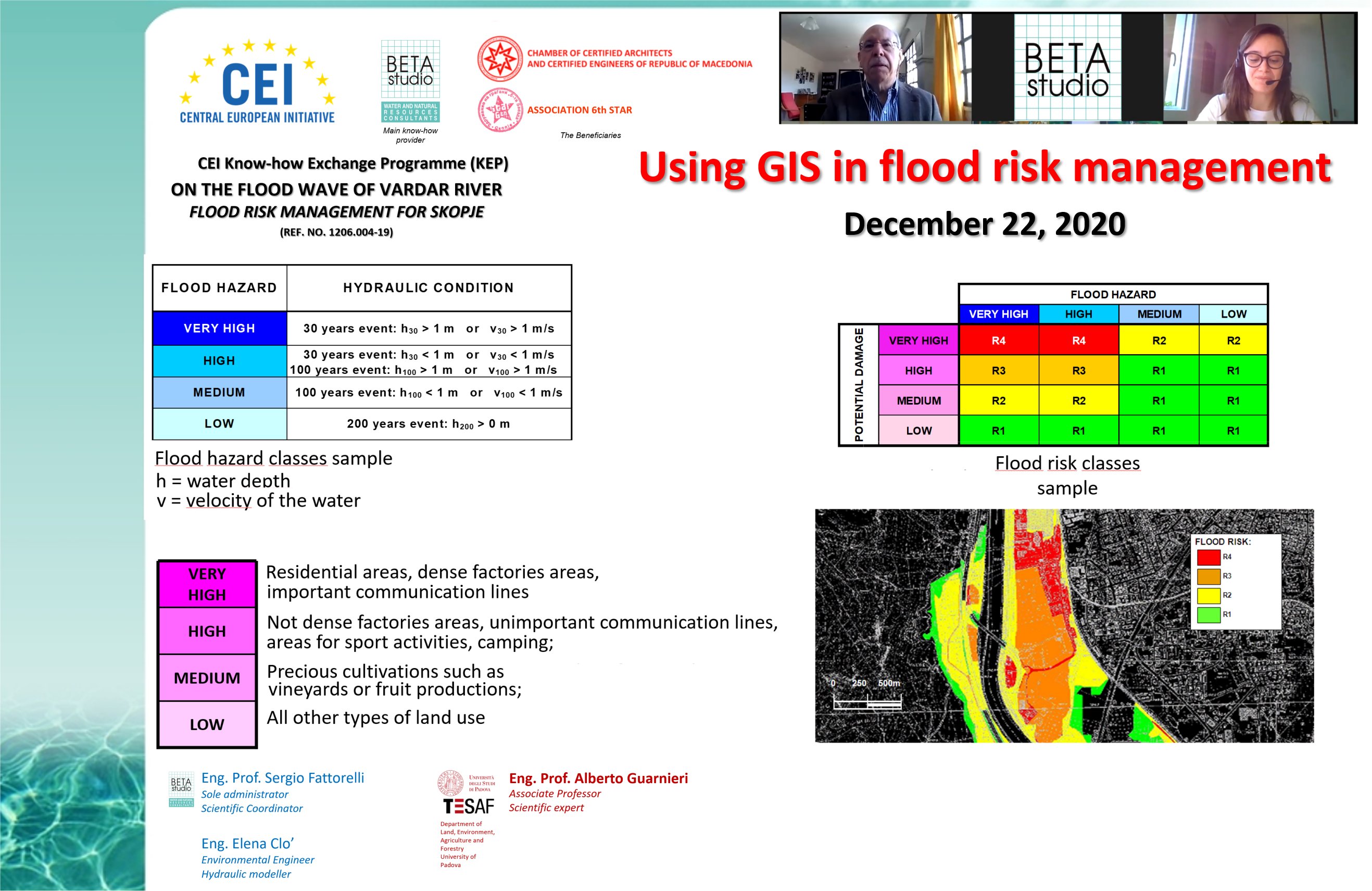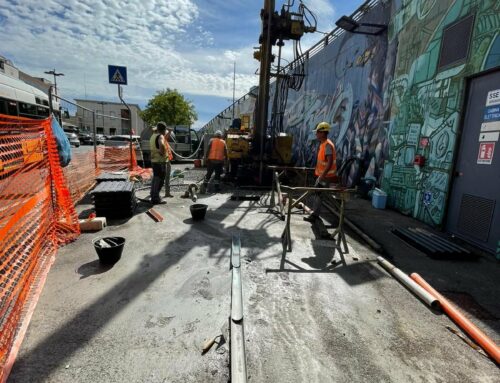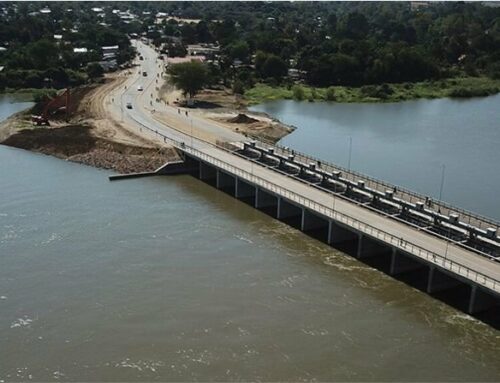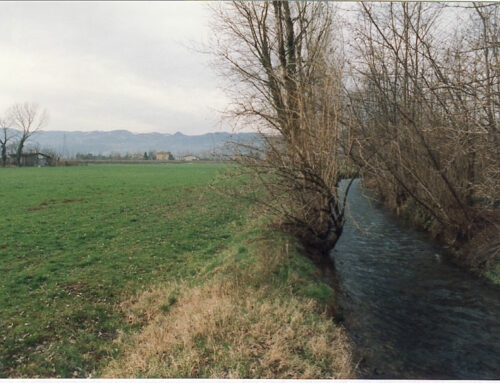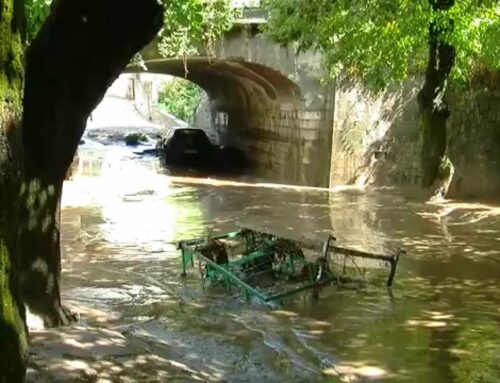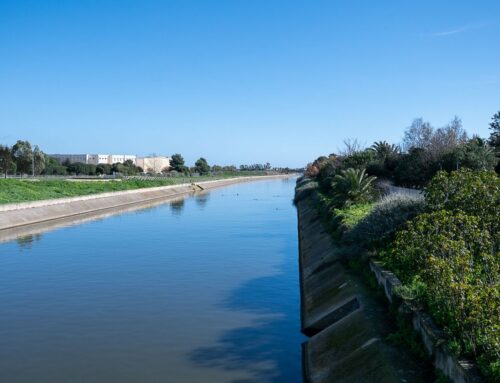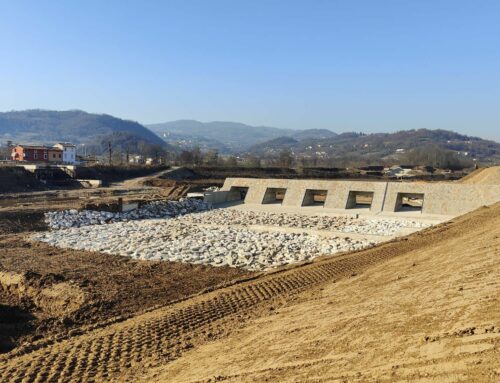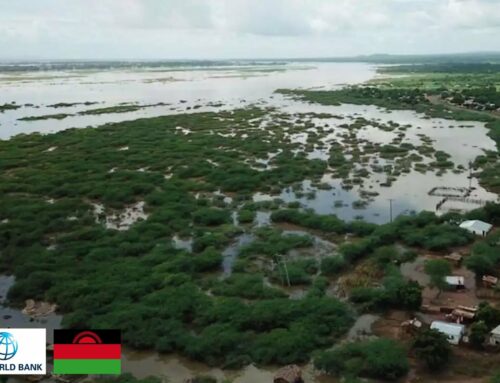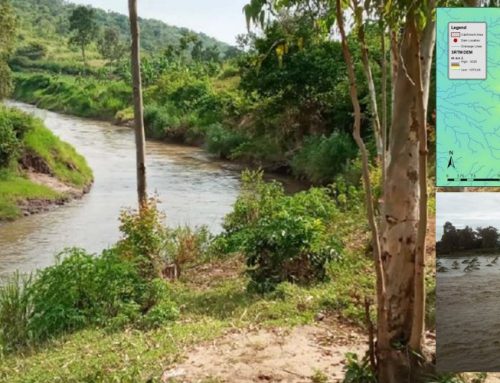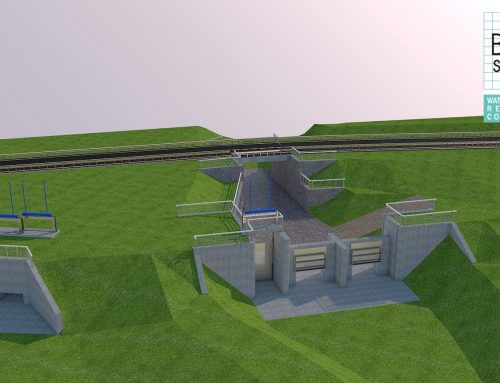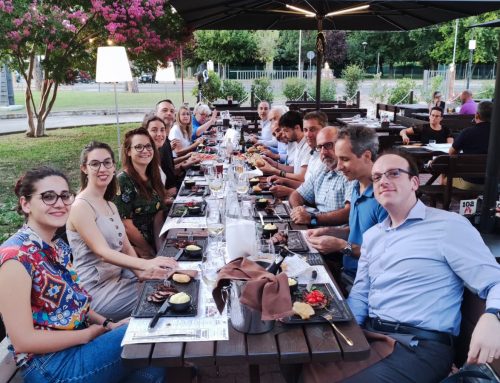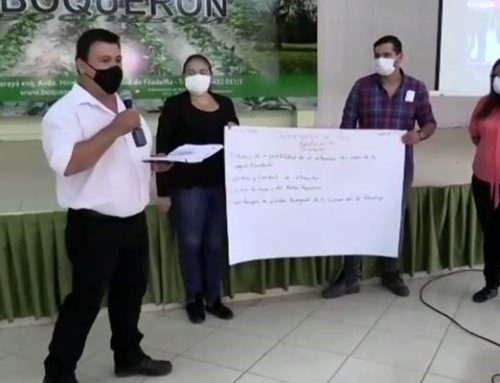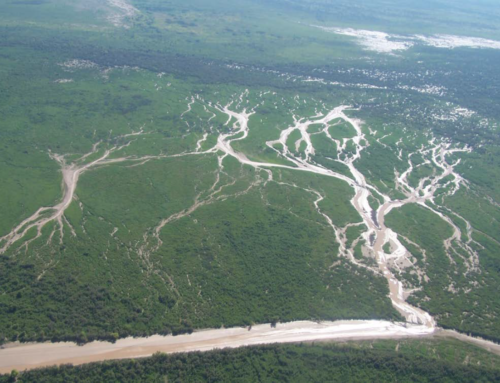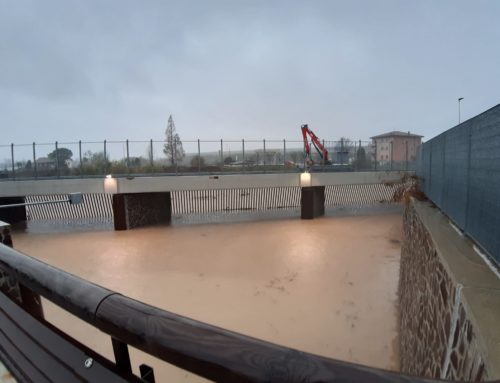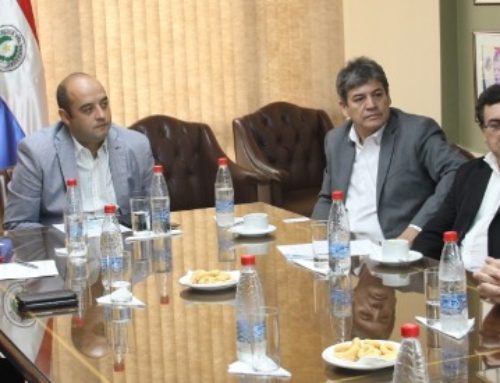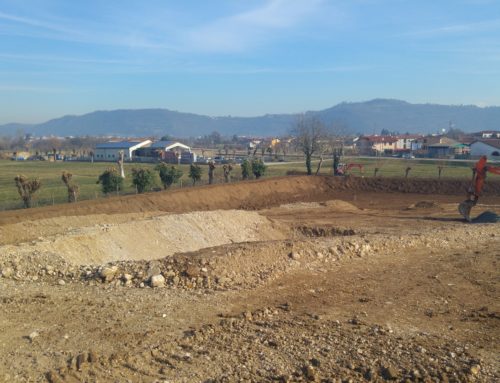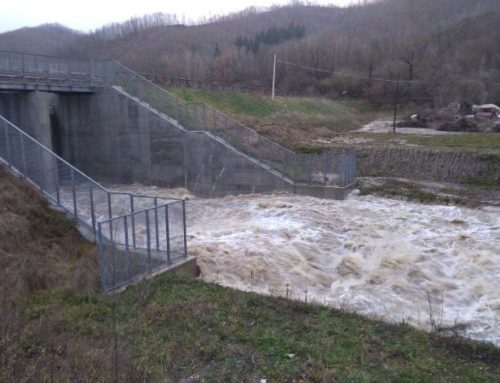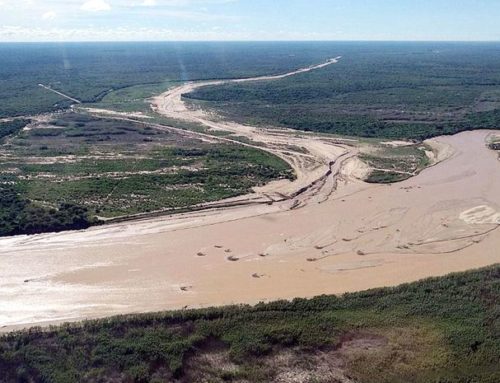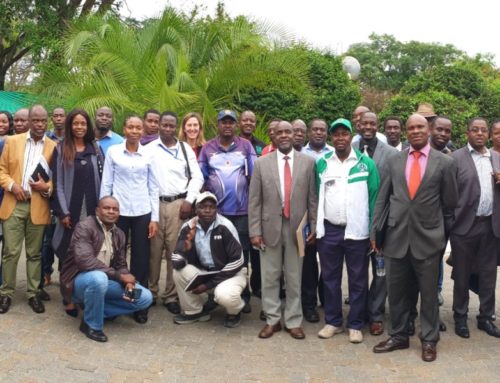The City of Skopje and its surroundings are at constant risk of flooding. Skopje and its environs have experienced nine major floods in the last 160 years, last on 6 August 2016.
The main activities of the project “On the flood wave of Vardar river. Flood risk management for Skopje” funded by CEI (Central Europe Inizaitive) and realized by BETA Studio , focused on transferring the best practices and benchmarks already in place in Italy (under the EU Directive) in order to establish a base line for flood risk management in the City of Skopje using the strong‐rooted experience of BETA Studio in terms of hydraulic modelling, risk assessment and flood prevention and protection.
Main Beneficiaries of the project were the Chamber of certified architects and certified engineers – Republic of North Macedonia and the NGO Association 6th Star from the Republic of North Macedonia and their associates.
The general objective of the initiative, held form January to December 2020, was to enhance the capacity of North Macedonia in flood management, flood prevention and flood risk reduction and to facilitate compliance with the pertinent European legislation.
Additional objective was the dissemination and sharing of good practices and innovative technologies for flood governance in order to improve water management among the stakeholder and to spread the directives given by the EU.
Site visits, stakeholders meeting, technical webinars was held during the project despite pandemic contraints. BETA Studio provided training on a pilot hydrological modelling exercise for the river Vardar and a case study on hydraulic modelling on the same river, using free, open source software. This choice ensured that the Beneficiary institutions and North Macedonian authorities benefiting from the Knowledge Transfer Programme will not need to spend money and resources to buy or update any model license in the future. Webinars topics were:
- Hydrological/ hydraulic modelling set up and performed;
- Flood hazard and risk mapping;
- GIS tecniques in flood mapping;
- strengthening the capacity of the employees of the Beneficiary institutions on flood modelling and flood risk assessment and management;
- transferring basic knowledge useful for the possible implementation of a new participatory governance in the management of flood risk.
High-calibre experts were involved during technical lectuers, also recurring to the experience of international professional in flood risk management. The Beneficiaries had the chance to interact directly with the experts and ask questions pertaining to the above topics.


